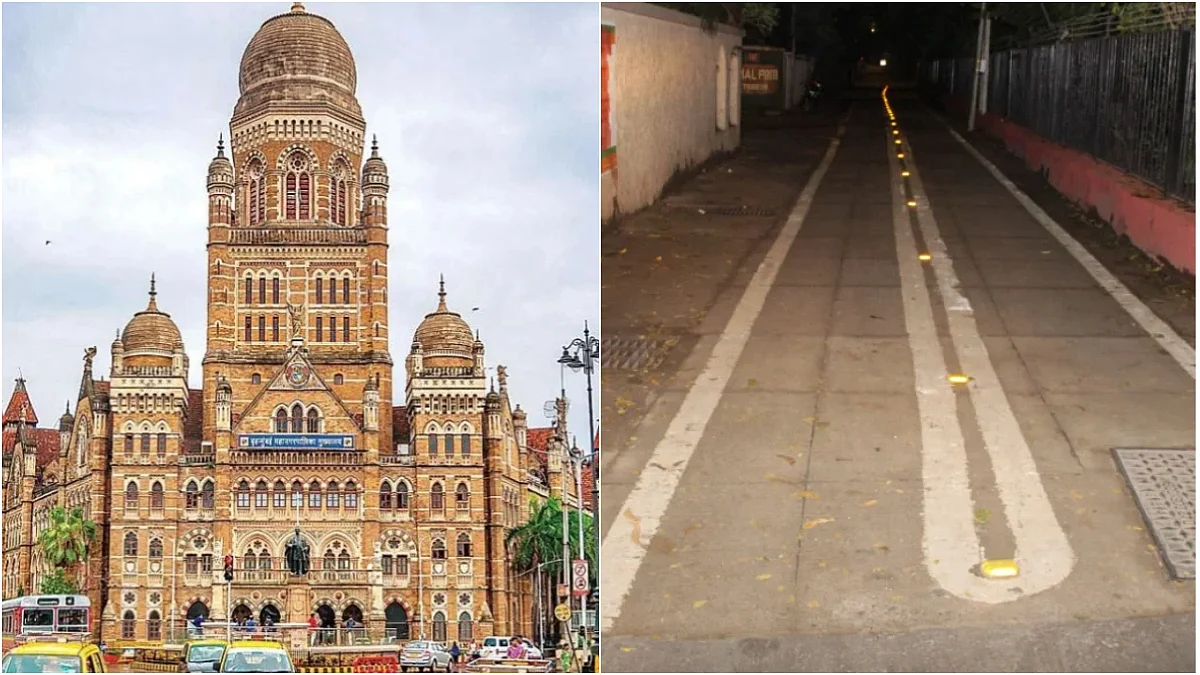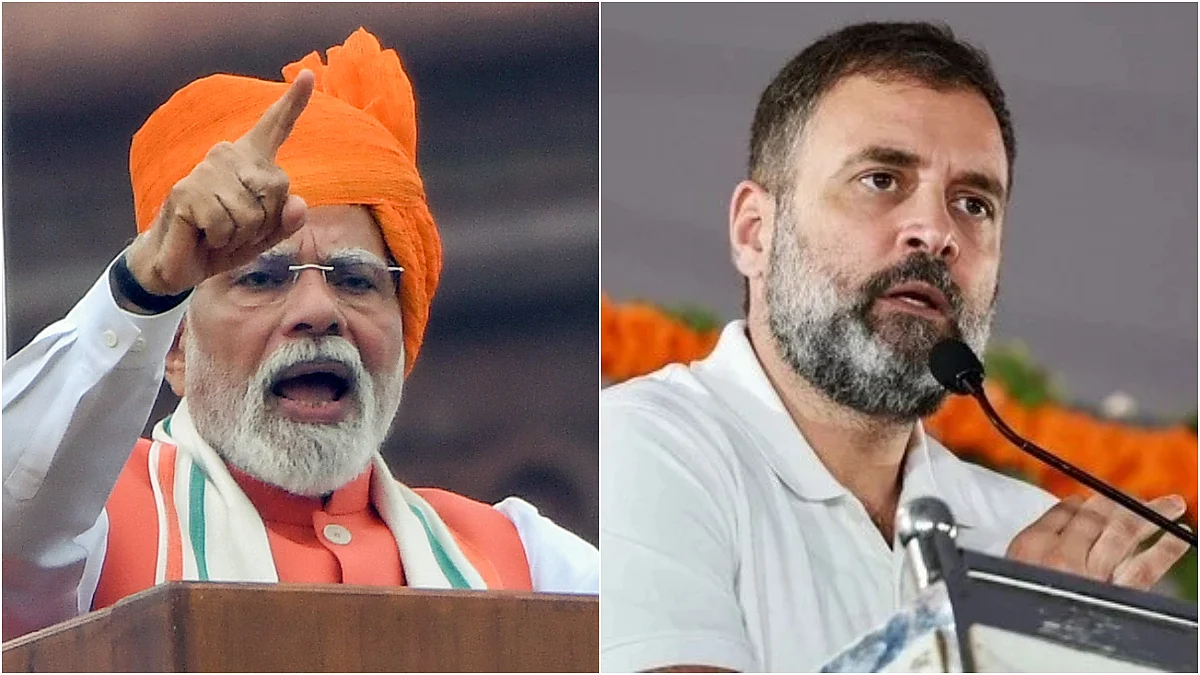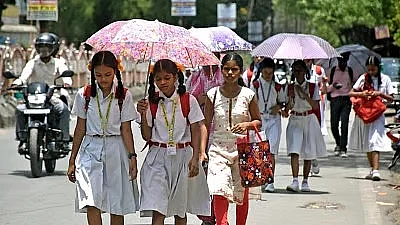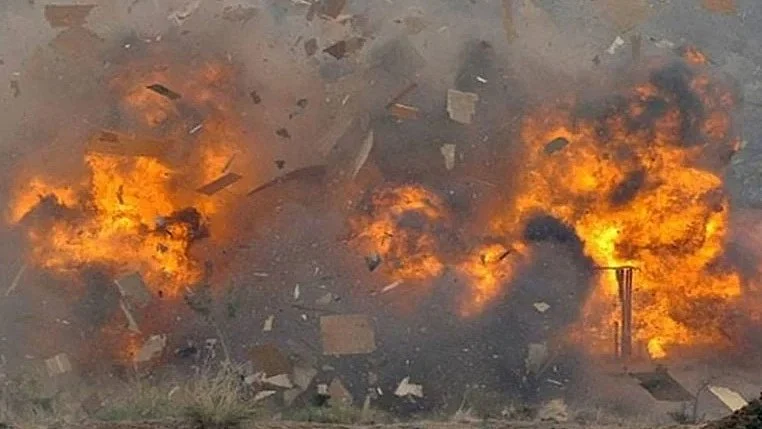Barabanki: As missiles light up the skies over Israel, over 500 workers from Barabanki district of Uttar Pradesh find themselves living in the shadow of war. Hailing from villages like Deva, Mahsi, and Karonda, these men had travelled to Israel seeking a better livelihood. Now, they spend their days in fear, rushing to bunkers at the sound of sirens, while their families back home live in constant anxiety.
“These aren’t just loud noises. These are real missiles, real danger,” said Monu Singh, a resident of Nai Basti Gheri village in Deva, speaking over a video call from Israel. “We hear the sirens, drop everything, and rush into bunkers. Sometimes it happens at night, sometimes while we are working. The fear is always there.”
Monu went to Israel 11 months ago for a construction job. “The bunkers are stocked with food and water, but when you hear the blasts, no amount of preparation feels enough,” he said.
His elder brother Onkar Singh, who stays with their family in Barabanki, said, “Monu sends us videos every day. You can literally see the missiles flying across the sky. We don’t know what to say to him anymore—except ask him to stay safe.”

Similar scenes unfold in Mahsi village, where 32-year-old Mahindra Verma works as a farm labourer in southern Israel. “We used to work in the fields daily, but now, everything is shut. We are stuck in shelters,” Mahindra said. “We hear explosions at close range. Even though the Israeli defence system intercepts many missiles, some still land close to us. Every second feels like borrowed time.”
His wife, Sangeeta, back in Barabanki, said, “My children cry at night. They ask when Papa will come back. I have no answer. Sometimes I lie just to keep them calm.”
In Karonda village, 40-year-old Sukhai Ram, who has been working in Israel for nearly a year, shared a similar account. “We went there to earn a living for our families. But now, survival is all we think about,” he said. “The sirens come with a chilling sound. Everyone runs. You do not even have time to wear your slippers sometimes.”
His brother Ramesh Ram said, “Every day, I pray nothing happens to him. There is a lot of tension in the village. Many families here have someone working in Israel.”

Another worker, Bablu Singh, has been in Israel for over 14 months. “This war has changed everything,” he said from a shelter. “The factories are closed. The streets are empty. Only sirens, shelter drills, and uncertainty remain.”
Bablu’s brother Sukhvinder said, “We can hear the sirens during calls. The children here talk to him through video calls and ask when he’s coming back. We have no answers.”
Poverty forced them to go to Isreal
According to local estimates, over 500 youths from Barabanki migrated to Israel in the past two years, especially from Deva, Mahsi, Karonda, and nearby villages. They found employment in construction, agriculture, and factories. But the ongoing conflict between Israel and Iran has disrupted their lives.
All these workers are skilled labourers who had gone to Israel under a Government of India initiative that facilitates overseas employment in the construction sector. Most of them were selected through official channels, after undergoing training and certification. For many of these poor, rural youths, the promise of earning over Rs 1 lakh per month—an unimaginable sum compared to the irregular or minimal wages they earned back home—was a life-changing opportunity. Struggling to find consistent work in India’s unorganised job market, they were lured by the prospects of financial stability and a better future for their families. But the outbreak of war has turned their dream into a nightmare, replacing prosperity with panic.
While Israeli authorities are ensuring safety and the Indian embassy is reportedly in touch with the workers, fear looms large.
“Even though they are in bunkers, how long can one live like that?” asked Ravindra Singh, whose brother is among those stuck. “They went to earn. Now they just want to return alive.”
The rising tension in West Asia has exposed how deeply interconnected global conflicts are — even for villagers in India’s heartland. For these families in Barabanki, every missed call, every delay in a message, sends shivers down the spine.
“All we want now is peace,” said Sangeeta Verma, holding back tears. “Let this war end. Let our men come back home.”











